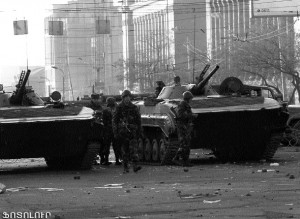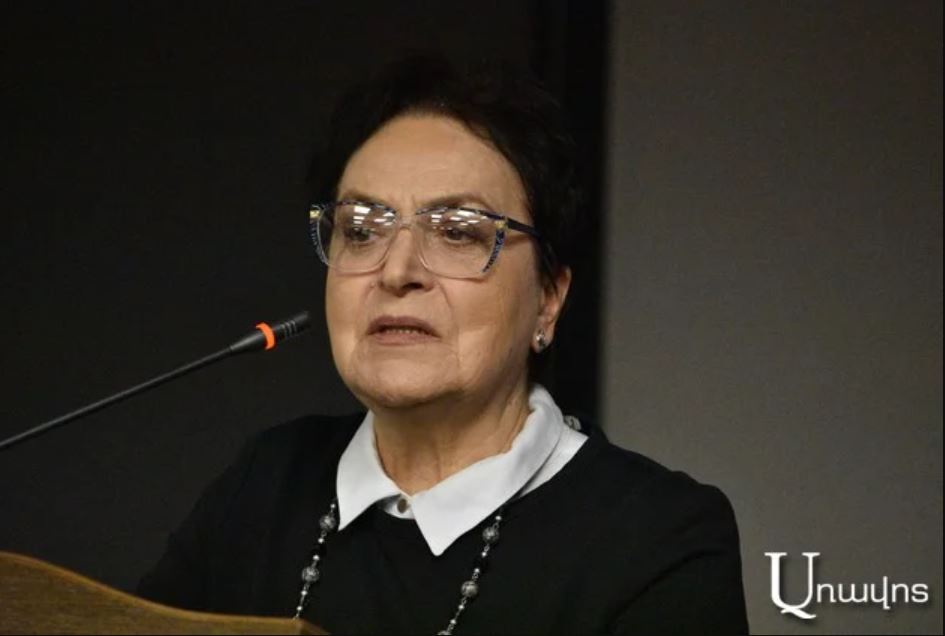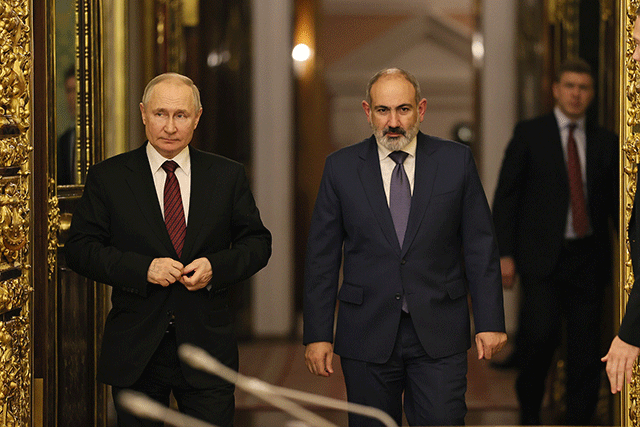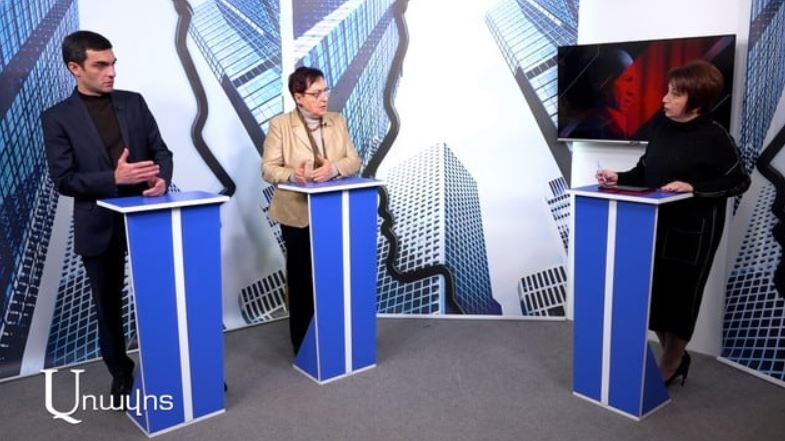The MP Says About the Bill That Was Withdrawn By the Cabinet Then Put Forward Again

During a conversation with Aravot, Larisa Alaverdyan, the secretary of the Heritage Party parliamentary faction, said that the package included also some changes to the Administrative Crimes bill. Have the changes and amendments substantially changed the bill in terms of disputable Article 9, in particular, and does the new bill suffice the faction’s expectations? Ms. Alaverdyan did not agree on the term “disputable” in the first place, saying that it “is not a disputable bill, it is unacceptable.” She stated that the clause about the army should be either removed from Article 9 of the bill completely or not be just edited, but be completely rewritten, as other international documents require, “In particular, first of all it must be clarified that the army must not be engaged in contact with civilians in any way and the army should be ordered to defend and preserve special objects only in extreme situations, taking over that duty from the police forces by that, in order that the latter fulfill other actions provided for by this law.”
Read also
We reminded the MP that according to the minister’s statement, the armed “forces are not used, if the police and the national security forces suffice, secondly if the issue are riots etc., the police should be engaged in contact and the armed forces should defend special objects. If the state of emergency is caused by emergency situations, natural disasters, they must participate in evacuation of the people etc. This can be done only as the last resort.” Does this explanation address the concerns of the Heritage MPs or perhaps one could say that the bill as it is corresponds to the Constitution? “I repeat, the involvement of the army in the internal political activities should be ruled out completely. On the other hand, our concern is that in our country, even a small opportunity or loophole in the law is used completely differently in the law-enforcement practice and allows arbitrary interpretation in the future. Furthermore, it becomes dangerous against the background of the election,” said the MP.
It is a common idea that passing this bill is caused by the upcoming election and the possible post-election developments. Therefore, we asked whether she thought that the National Assembly election could cause so much tension in the country that the establishment would sense the necessity for this law. “The tension will not arise, but it has remained since 2008. The tension is there and any big event, including elections, may play the role of the last drop in the context of stirring up the tension. Certainly, the concerns remain in this regard, particularly given the fact that, regardless of the West’s intention to turn over the page of March 1, our society has not turned that page over yet, since they haven’t punished persons who, being murderers, are still at large, which makes the situation more complex,” stated Larisa Alaverdyan.
NAIRA MAMIKONYAN






















































